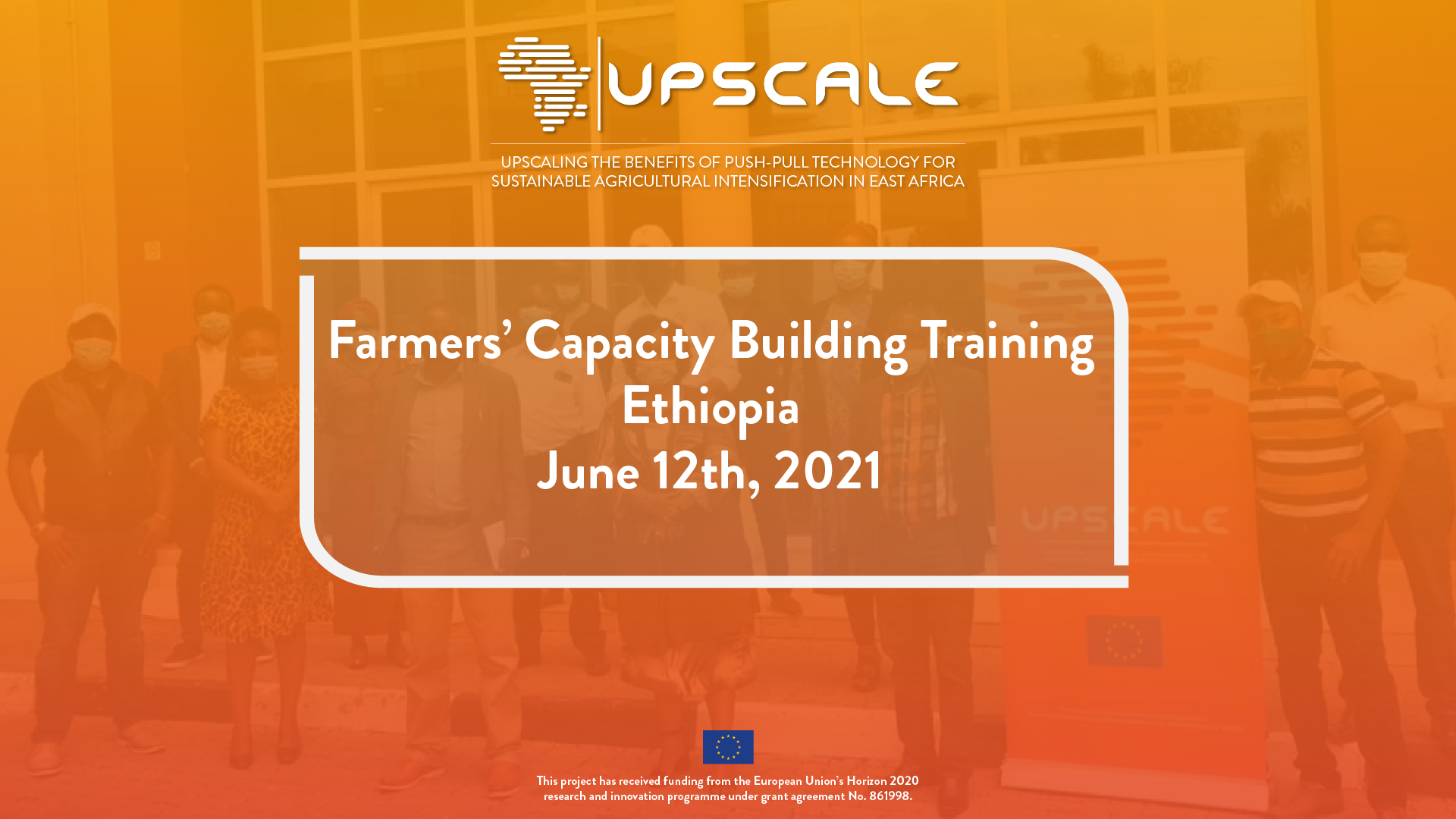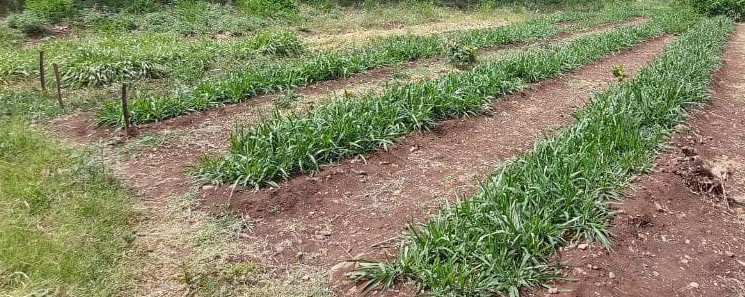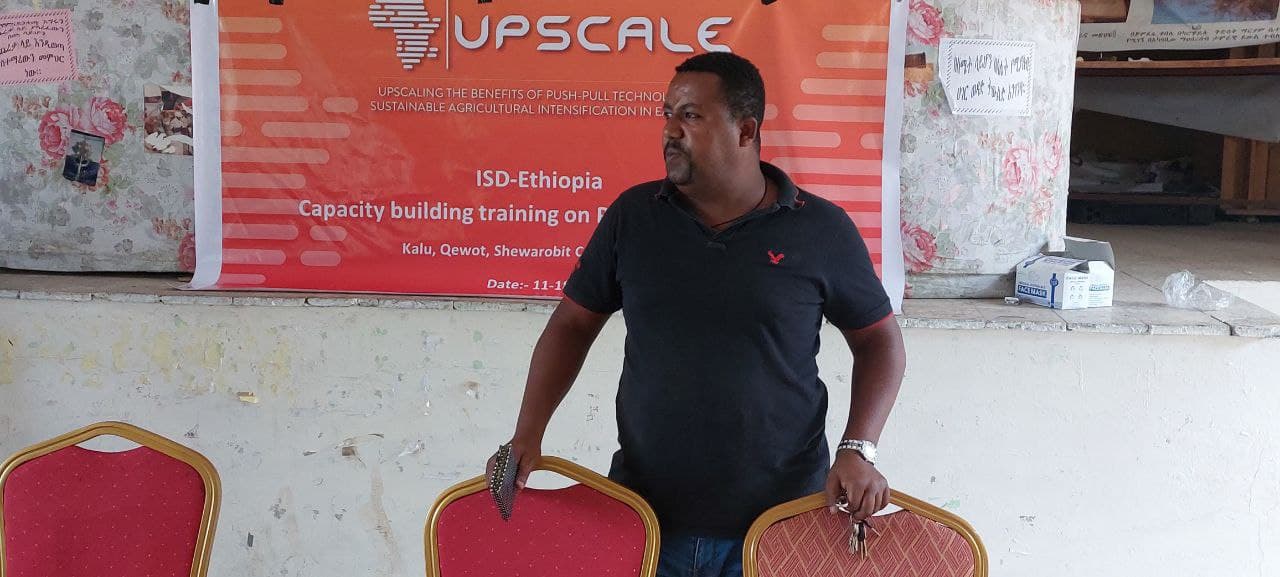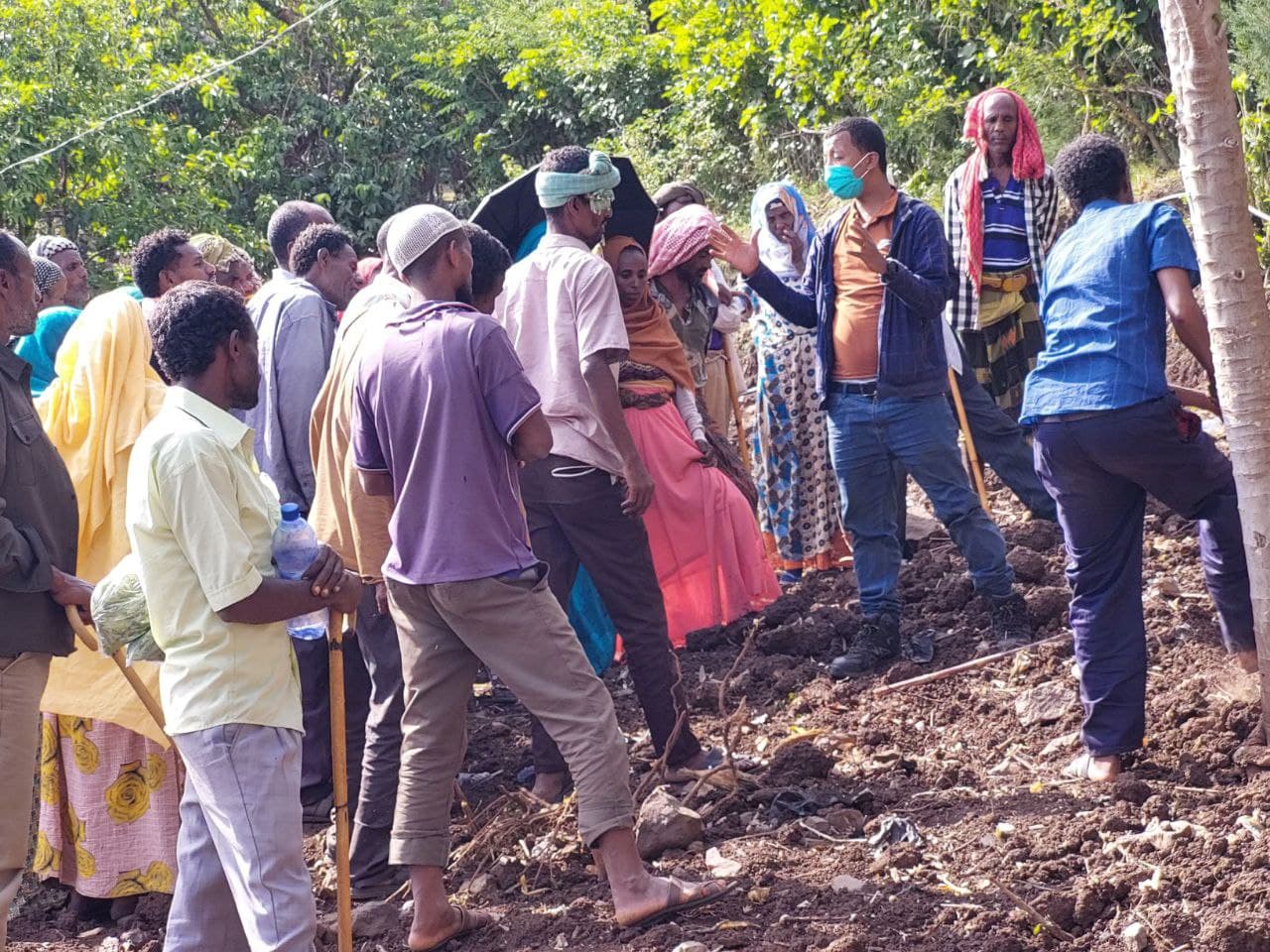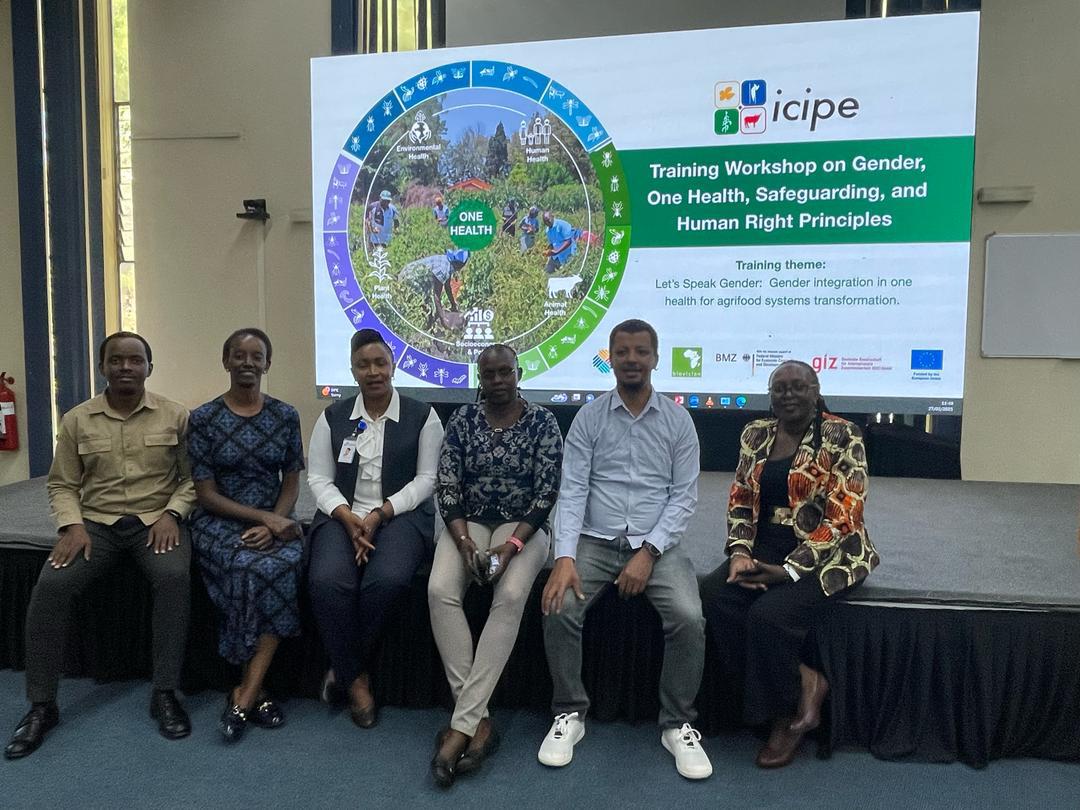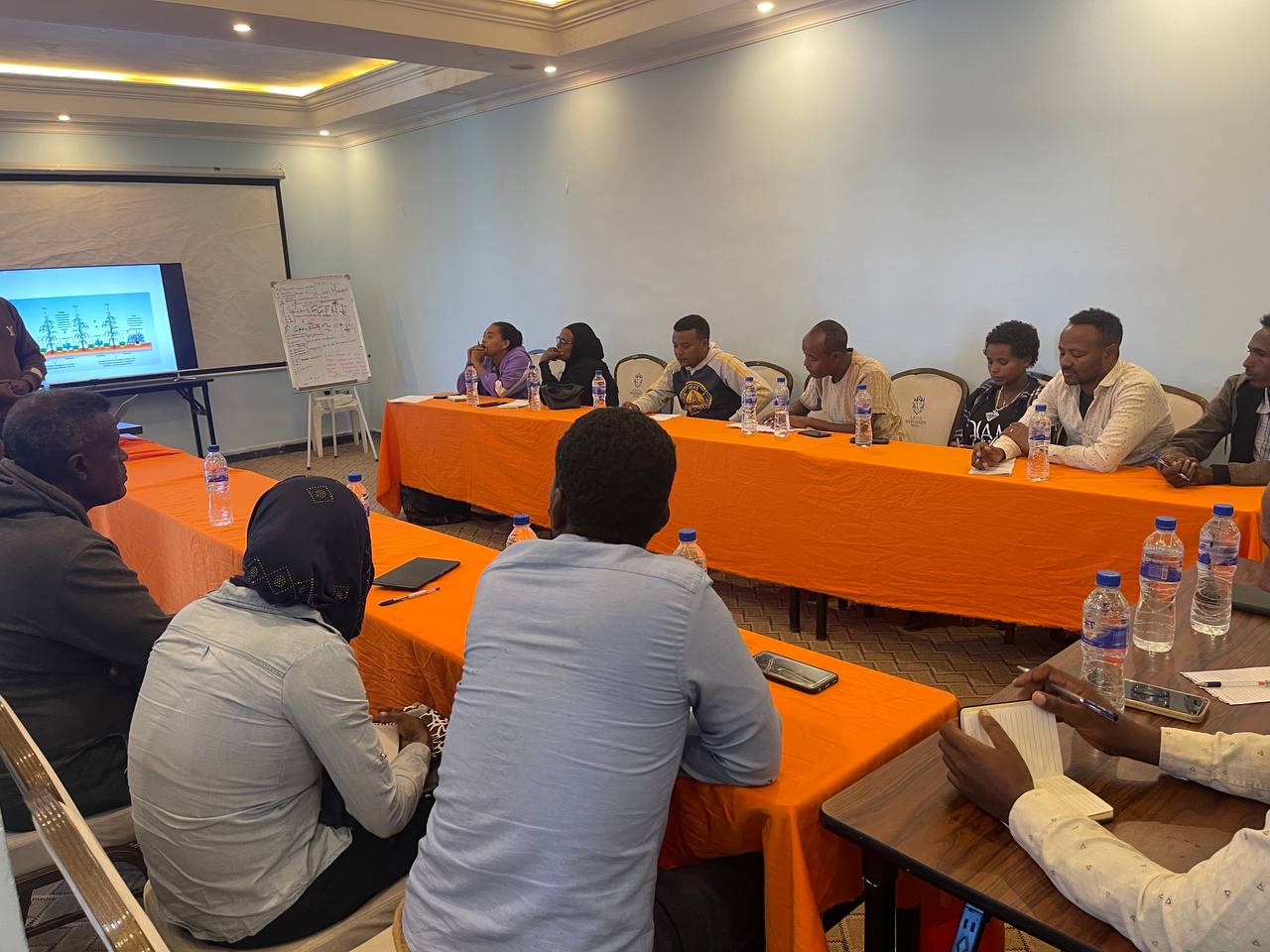Organized by Institute for Sustainable Development (ISD), UPSCALE partner in Ethiopia, a Farmer Capacity Building Training took place on 12th of June, 2021 in Dewa Chefa, Kalu Qewat woredas, and Shewa Robit City.
The training was organized in order to assess and boost farmers’ readiness to implement push-pull technology (PPT). The goal of the training programs, which will be regularly organized is that after that training is over, farmers are able to effectively implement the technology already in this cropping season, to raise the awareness on the multiple benefits of plants such as Desmodium and Brachiaria. Training also covers guidance on how to realize PPT’s potential in domains of agronomy (field preparation, sowing, weed management, fertilizer application, and rate, harvesting, and management), impact (social, economic, environmental and agricultural) as well as roles and responsibilities of farmers on the activity.
The training has gathered a total of 184 push-pull implementing farmers, 7 Wereda Experts, and 13 local representatives.
The wereda agricultural office authorities and professionals/experts were impressed with the provision of agricultural inputs to support the targeted farmers in the project’s implementation process. This is due to the fact that the training programme was deemed as interesting to farmers and more importantly, with a good timing before the upcoming cropping season. When it comes to their involvement in the project, the representatives of the wereda agricultural office authorities had committed to facilitate and control the status of implementation activities at the kebele* level and with the collaboration of the ISD team in continuous supervision activities. They also underlined that technical implementation activities will be supported by respective farm professionals as required.
On the other hand, farmers that participated in the capacity building training underlined that the guidance and practical demonstrations during the event were the right kind of boost for them to make the first step towards PPT implementation. Focussing on quite practical aspects of PPT implementation, farmers and trainers were tackling not only general but very concrete farmers’ concerns. For example, one of the concerns was whether it is possible to plant between Brachiaria and Desmodium in order to leave no farmland unused. The good news is that as long as cereal crops are avoided, in this piece of land (1m) between pull and push plants a home garden can event be planted (carrot, kale, etc.).
Female participation
An important aspect of UPSCALE is the increased engagement of female farmers, special attention was paid to ensuring the representation of women. Based on the participants’ lists, it can be observed that the number of female beneficiaries has increased in comparison to previously conducted similar events. This is mainly due to the focus on the inclusion of female farm households in the newly included site of Kalu wereda.
Main Findings
What the project team learned during the training season is that before the training the farmers were biased in the application of push-pull technology as they believe it leaves some parts of their small farmlands unused. They also assume water conservation in their farmland is reduced due to the high usage of desmodium in the scope of push-pull technology. These farmers’ misperceptions were already eliminated during the training. As a result of the training program, the agricultural professionals and participating experts of the three weredas have developed knowledge on the aim of the UPSCALE project and are more motivated than ever to support the farmers in the implementation process. The team also recognized that input preparation and the practically supported training were very credential to the farmers and agricultural experts for their contribution to the project for its success.
What are the next steps?
Even though improvements in female participation are present, still a significant effort is required to increase their numbers among the project’s beneficiaries. Now that the initial exchange of inputs is made, the capacity building training is conducted, what remains is to follow up on the proper distribution of the inputs and practical application of the training results including prior experiences on the ground on each targeted farm household farming plots. The wereda Agricultural office representatives committed to supporting every activity of the project supervised and supported by the ISD team during implementation.
*A kebele is the smallest administrative unit of Ethiopia: a ward, a neighborhood or a localized and delimited group of people.

